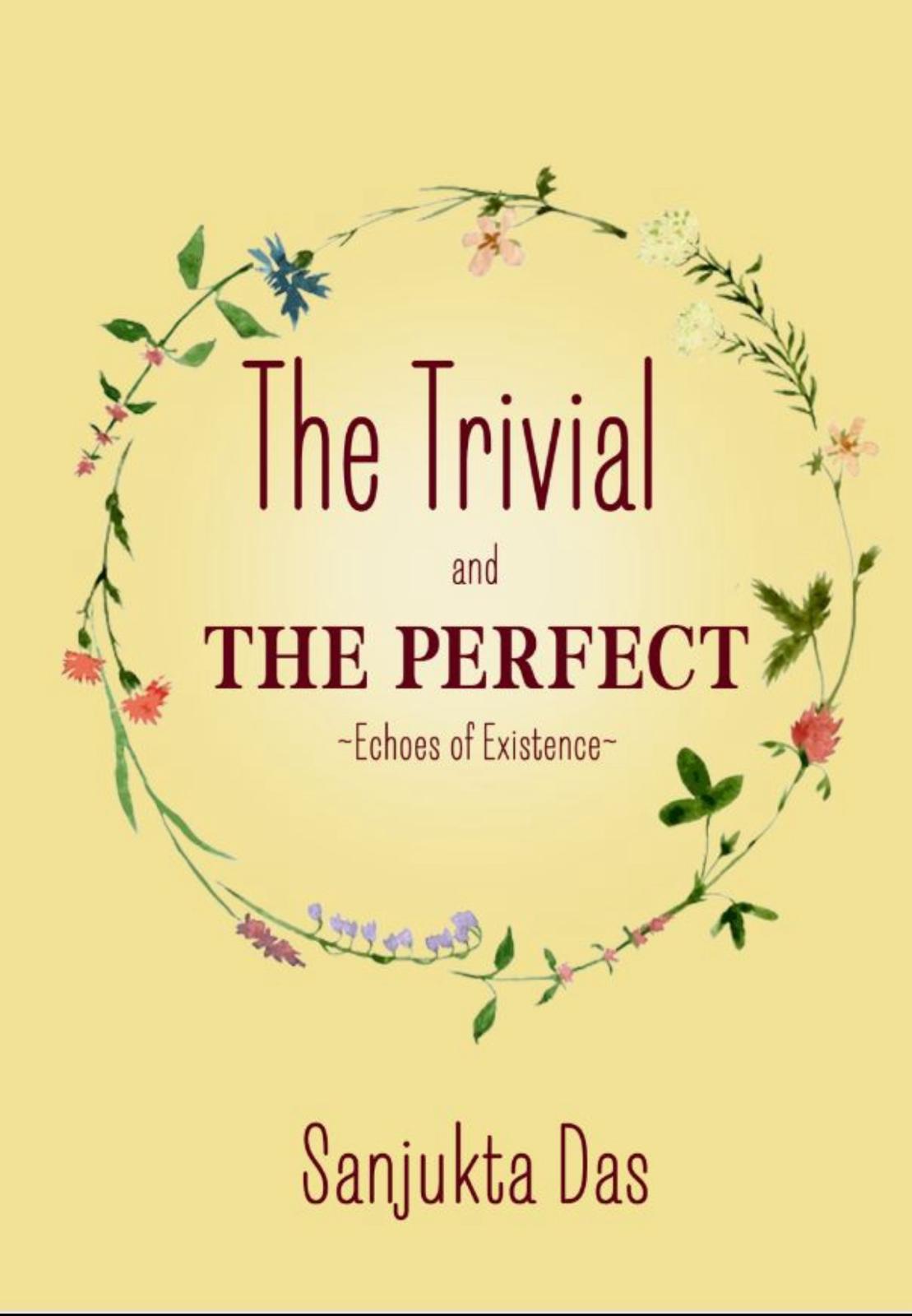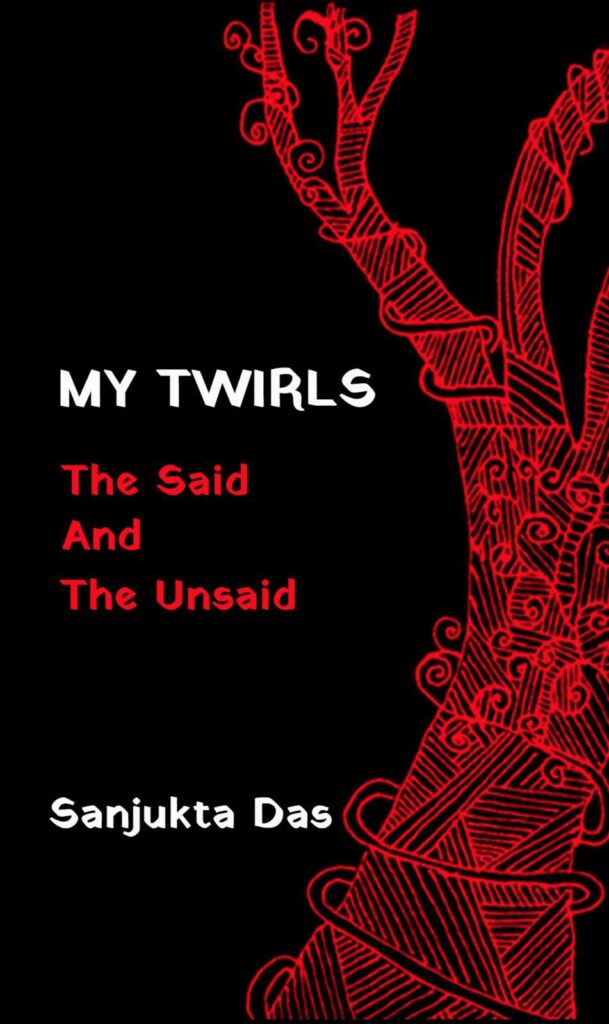Poetry has long been used as a way to express emotions, explore the human condition, and connect with others. In recent years, there has been a growing interest in the use of poetry as a tool for mental health. This blog post will explore the ways in which poetry can help us cope with mental health challenges. We will discuss how poetry can be used to express our emotions, explore our thoughts, and connect with others. We will also provide some resources for using poetry to improve mental health.
I am writing this blog post because I believe that poetry can be a powerful tool for mental health. I have personally experienced the benefits of writing and reading poetry, and I believe that poetry can help others to cope with their own mental health challenges. Poetry can be a helpful tool for coping with mental health challenges, it can help us express our emotions, explore our thoughts, and connect with others. But can poetry help us find hope and resilience in difficult challenges? I hope this helps!

How can poetry help me express my emotions?
Poetry, as an artistic form of expression, has been used for centuries to convey emotions, thoughts, and experiences. Its ability to capture the complexities of human emotions is unparalleled, making it a valuable tool for personal introspection and self-expression. In this blog post, we will explore how poetry can help you express your emotions and delve into the various ways it can enhance your emotional well-being.
1. The Power of Metaphor and Imagery
Poetry provides a unique platform for exploring emotions through metaphor and imagery. By using vivid language and sensory details, poets paint a rich tapestry of emotions, allowing readers to connect on a deeper level. Metaphors and symbols in poetry offer a way to describe complex feelings that might be difficult to articulate otherwise.
2. Honouring the Unspoken
Emotions can often be complex and elusive, making it challenging to put them into words directly. Poetry offers a space where unspoken emotions can find a voice. Through rhythmic patterns, wordplay, and evocative language, poets can express the inexpressible, giving validation to emotions that may be difficult to convey otherwise.
3. Catharsis and Emotional Release
Writing poetry can serve as a cathartic process, providing a healthy outlet for emotions. The act of writing allows you to externalize your feelings, creating a sense of release and relief. Whether it’s joy, sadness, anger, or love, channeling your emotions into poetry helps you process and understand them on a deeper level.
4. Personal Reflection and Self-Discovery
Engaging with poetry encourages introspection and self-reflection. When you write or read poetry, you delve into your own experiences and emotions, gaining insight into your inner world. By examining your feelings through the lens of poetry, you can uncover hidden truths, confront unresolved emotions, and embark on a journey of self-discovery.
5. Connection and Empathy
Poetry not only helps you express your own emotions but also fosters a sense of connection with others. When you share your poetry, you create an opportunity for others to relate to your experiences and emotions. In turn, reading poetry by others can offer solace, validation, and a sense of shared humanity. It reminds us that we are not alone in our emotional journeys.
In a world where emotions can be complex and difficult to communicate, poetry provides a powerful avenue for self-expression and emotional exploration. Whether you write poetry as a means of personal catharsis or engage with the works of others to find solace and connection, the beauty of poetry lies in its ability to capture the depth and nuances of human emotions. So, why not pick up a pen or open a book of poems and embark on a journey of self-expression and emotional discovery through the power of poetry?
How to use poetry to explore your emotions
Exploring emotions through poetry can be a deeply personal and enriching experience. Here are some ways you can use poetry to delve into your emotions, along with examples:
- Choose evocative language and imagery: Select words and phrases that vividly capture the essence of your emotions.
- For example, instead of simply saying “I’m sad,” you could write:”My heart, a stormy sea, torrents of tears crashing within me.”By using evocative language and imagery, you create a more powerful and sensory experience for both yourself and the reader.
- Experiment with metaphors and symbols: Metaphors and symbols can be powerful tools for expressing complex emotions. Consider associating your emotions with objects or natural elements.
- For instance:”Her love was a flickering candle, casting a fragile warmth in the darkness.”By comparing emotions to tangible things, you add depth and richness to your expression, enabling others to understand and connect with your feelings.
- Utilize poetic devices: Poetic devices such as rhyme, rhythm, alliteration, and repetition can enhance the emotional impact of your poetry. Experiment with these tools to convey the intensity and fluctuations of your emotions.
- For example:”In the silence of the night, I weep, tears falling like a rhythmic drumbeat. Echoes of pain reverberate within, a symphony of sorrow, deep and keen.”By incorporating these devices, you create a musicality that amplifies the emotional resonance of your poetry.
- Embrace vulnerability and honesty: Poetry provides a safe space to explore and express your deepest emotions. Be open and honest with yourself, allowing your vulnerability to shine through. Don’t be afraid to confront difficult or uncomfortable feelings. By doing so, you can achieve a greater sense of emotional release and self-understanding.
- Reflect and revise: After writing a poem, take time to reflect on your emotions and the effectiveness of your expression. Consider revising and refining your work to ensure that it accurately captures the nuances of your emotions. Poetry is a process, and through revision, you can refine your message and evoke even stronger emotional responses.
Remember, there are no right or wrong ways to explore your emotions through poetry. Allow yourself the freedom to experiment, play with language, and discover new ways to articulate your feelings. Ultimately, it is the personal connection you establish with your poetry that matters most.
How poetry can help you connect with your inner self
Poetry has long been recognized as a powerful medium for self-expression and introspection. It allows individuals to delve deep within themselves, connecting with their inner thoughts, emotions, and experiences. Research findings highlight the therapeutic potential of poetry, particularly in helping individuals connect with their inner selves and foster emotional well-being.
An enlightening study conducted in 2021 focused on hospitalized children, shedding light on the profound impact of poetry on their emotional well-being. The study involved providing these young patients with opportunities to read and write poetry, leading to remarkable outcomes. Researchers discovered a significant reduction in negative emotions such as fear, sadness, anger, worry, and fatigue among the participants. A group of 44 pediatric patients were equipped with personalized poetry-writing kits, containing various materials to facilitate their creative expression. The study’s outcomes were overwhelmingly positive, with the majority of children reporting a deep sense of happiness and contentment after engaging in the poetry activities. Furthermore, post-activity surveys revealed that writing and reading poetry offered these children a much-needed escape from stress, providing them with a cherished opportunity for self-reflection and personal growth.
Beyond the specific study mentioned, poetry serves as a unique medium for individuals to connect with their inner selves. It offers a space for introspection and self-exploration, allowing individuals to express their deepest thoughts and emotions in a creative and profound manner. Through the use of vivid imagery, evocative language, and rhythmic patterns, poetry becomes a conduit for inner reflection and self-understanding. Engaging with poetry encourages individuals to pause, delve into their own experiences, and gain insights into their inner worlds. It allows them to explore the complexities of their emotions and confront unresolved feelings. Through the act of writing or reading poetry, individuals can find solace, validation, and a sense of connection with their own thoughts and experiences. Poetry also offers a means of self-expression that may be otherwise challenging or elusive. It provides a platform to articulate thoughts and emotions that are difficult to convey through everyday language. By engaging with the poetic form, individuals can uncover hidden truths, confront personal challenges, and embark on a journey of self-discovery.
Moreover, poetry invites individuals to slow down, savor the present moment, and engage in deep introspection. It encourages mindfulness and self-awareness, enabling individuals to better understand their own needs, desires, and aspirations. Through this process, individuals can cultivate a stronger connection with their inner selves, nurturing personal growth and well-being.
How poetry can help you connect with others
Poetry possesses a remarkable ability to connect individuals on a profound and intimate level, transcending barriers and creating deep bonds. It serves as a universal language that allows us to share our innermost thoughts, feelings, and experiences. When we express ourselves through poetry and share it with others, we invite them into our emotional world, forging connections that can be transformative.
In terms of building relationships, poetry provides a unique platform for authentic communication and understanding. By sharing our poems, we offer glimpses into our inner lives, allowing others to connect with our joys, sorrows, triumphs, and struggles. Through the act of listening to and engaging with others’ poems, we develop empathy and a deeper appreciation for their experiences. This shared vulnerability and empathy form the foundation for genuine connections and meaningful relationships.
For instance, poetry slams, spoken word events, or open mic nights offer spaces where individuals can gather to share their personal poems. These events often revolve around themes of identity, love, loss, and mental health. By participating in or attending these gatherings, individuals create a sense of community, finding solace in knowing that others have similar thoughts, emotions, and experiences. These shared connections can lead to lasting friendships and a support network built on mutual understanding.
Moreover, poetry can play a significant role in overcoming mental health challenges. Many individuals turn to poetry as a therapeutic outlet for expressing their emotions and processing their thoughts. Writing poetry allows for self-reflection, catharsis, and a sense of release. When individuals with similar mental health struggles come together in poetry therapy groups or workshops, they create safe and supportive spaces for sharing their poems and supporting one another’s journeys.
Poetry also offers solace, hope, and inspiration to those coping with various conditions. For example, individuals facing depression, anxiety, or trauma often find comfort in reading or writing poetry that explores those themes. Poetry gives voice to their experiences, validating their emotions and providing a sense of connection. Well-known poets such as Sylvia Plath and Anne Sexton have addressed mental health struggles through their poetry, resonating with readers and fostering a sense of understanding and camaraderie.
What are some resources for using poetry to improve mental health?
Using poetry as a tool to improve mental health can be a valuable practice. While I don’t have direct access to a list of resources, I can provide you with some suggestions on where to find information and support related to using poetry for mental health:
- Poetry Therapy Organizations: Explore organizations dedicated to poetry therapy, such as the International Federation for Biblio/Poetry Therapy (IFBPT) and the National Association for Poetry Therapy (NAPT). These organizations provide resources, articles, and information about the therapeutic use of poetry.
- Books and Guides: Look for books and guides on poetry therapy or therapeutic writing. Some recommended titles include “The Healing Art of Writing” by Joan Baranow and “Writing as a Way of Healing” by Louise DeSalvo. These resources offer insights, exercises, and techniques for using poetry to improve mental well-being.
- Workshops and Courses: Search for workshops, courses, or retreats focused on poetry and mental health. Many writing centers, therapy centers, or community organizations offer workshops that explore the therapeutic aspects of poetry. These workshops often provide guidance, creative prompts, and a supportive environment for participants.
- Mental Health Websites and Blogs: Visit reputable mental health websites and blogs that discuss the benefits of creative writing, including poetry, for mental well-being. Websites like Psychology Today if you are based in Canada or Verywell Mind which often features articles on expressive writing and its positive effects on mental health.
- Poetry Communities: Engage with poetry communities online or in-person where individuals share their work and discuss the intersection of poetry and mental health. Websites like AllPoetry and PoetrySoup have active communities where you can connect with poets who may have personal experiences or insights into using poetry for mental health.
Remember, it’s essential to approach mental health with a holistic mindset. While poetry can be a valuable tool, it is also important to seek professional help from mental health experts or therapists when needed. They can provide guidance and support tailored to your specific situation.
In conclusion, poetry can serve as a powerful tool for mental health if taken seriously and patiently, As poetry enables us to connect with others, express our emotions, and embark on a journey of self-discovery. An example of the therapeutic potential of poetry, Sanjukta Das recently published a book, “My Twirls The Said and The Unsaid,” which stands as a testament to the transformative nature of poetry in coping with mental health challenges. Through its exploration of themes such as love, heartbreak, loneliness, healing, hope, self-love, inner strength, personal transformation, and the journey to happiness, the book exemplifies the profound impact that poetry can have on our emotional well-being. By embracing poetry as a means of expression and healing, we can tap into its power to enhance our mental health and foster personal growth.
View Sanjukta Das’s recent published book “My Twirls The Said and The Unsaid” on Amazon!










Trackbacks/Pingbacks